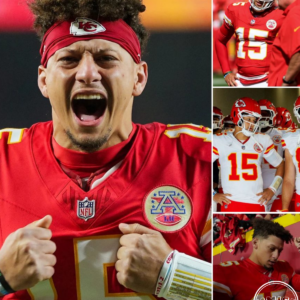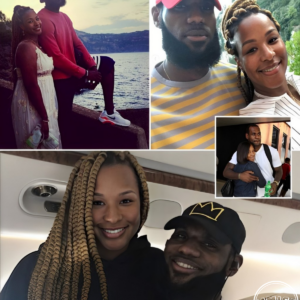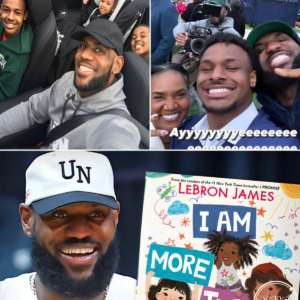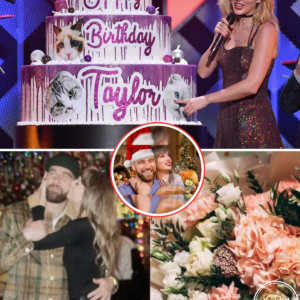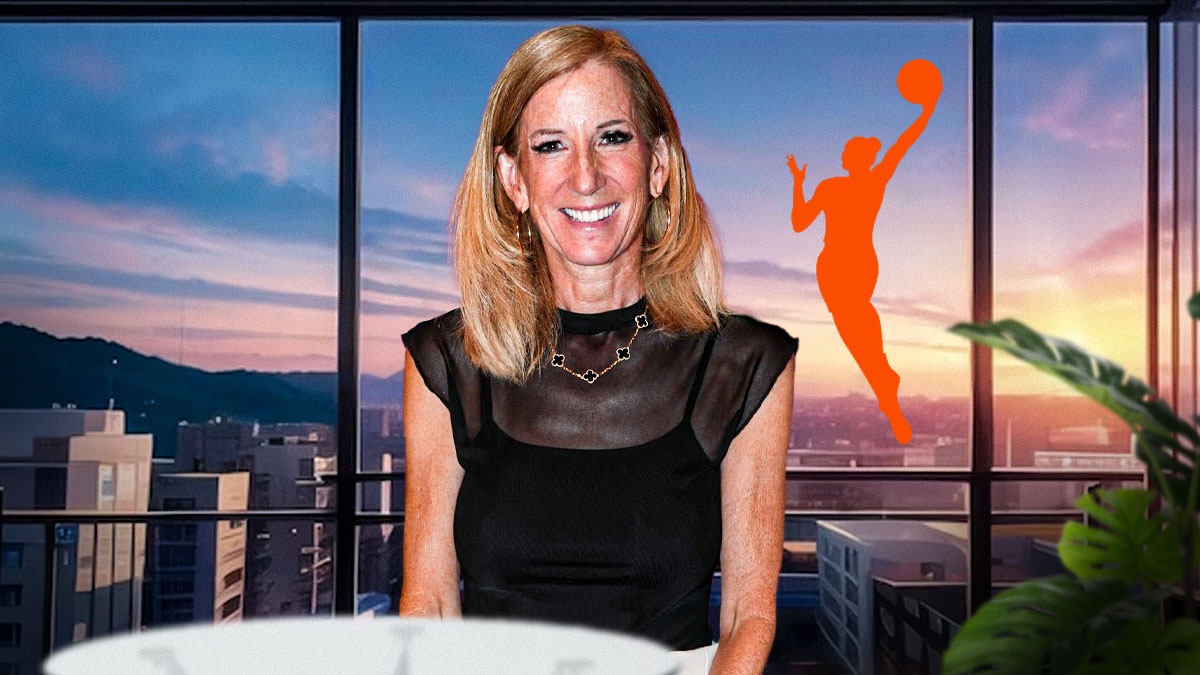
After receiving criticism for her remarks about the rivalry between Caitlin Clark and Angel Reese, WNBA Commissioner Cathy Engelbert issued a formal apology to the league’s players through letters on Friday.
Engelbert acknowledged that she had “missed the mark” with her statement and expressed both apology and regret.
“I was asked a question about WNBA rivalries and the dark side of social media and race, and simply put, my answer missed the mark and I’m sorry,” said the WNBA Commissioner in her letter.
WNBA Commissioner Cathy Engelbert’s apology to the league’s players
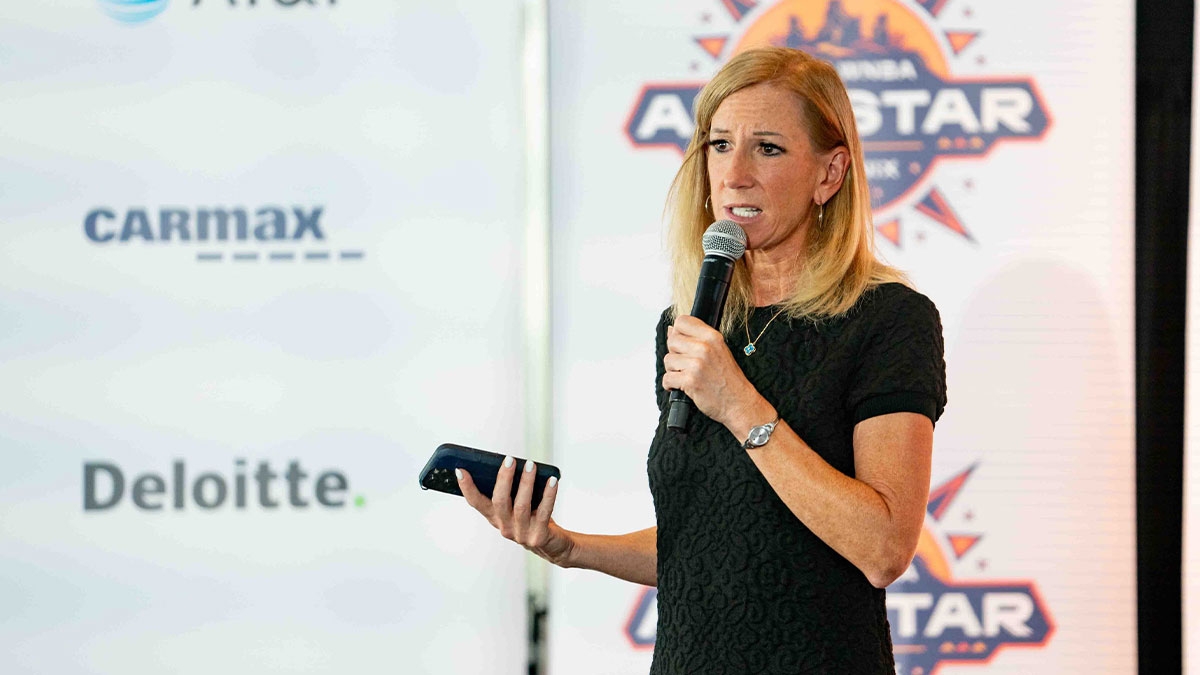 Diannie Chavez/The Republic / USA TODAY NETWORK
Diannie Chavez/The Republic / USA TODAY NETWORK
The Wall Street Journal first reported that Engelbert sent the letter to all WNBA players. According to an ESPN source, Engelbert also spoke directly with some players.
“I regret that I didn’t express, in a clear and definitive way, condemnation of the hateful speech that is all too often directed at WNBA players on social media,” she continued.
Engelbert came under fire after her appearance on CNBC’s “Power Lunch,” where her remarks about managing sensitive social issues in the league stirred controversy.
In the interview, Engelbert tackled the rising negativity and heated debates on social media involving key players and their fanbases.
She compared the situation to the classic Bird-Magic rivalry from 1979, suggesting that such rivalries are essential for keeping viewers engaged.
“There’s no more apathy. Everybody cares. It’s a little of that Bird-Magic moment… You need rivalry. That’s what makes people watch,” said Engelbert.
Reaction from WNBA players association
WNBA players voiced their dissatisfaction and frustration on social media and in interviews, criticizing Engelbert for not directly confronting abusive language.
Terri Jackson, the executive director of the Women’s National Basketball Players Association, issued a statement on Tuesday, accusing Engelbert of not condemning the “racism, misogyny, and harassment” that players have endured.
“This is not about rivalries or iconic personalities fueling a business model… It demands immediate action, and frankly, should have been addressed long ago,” said Jackson.
Jackson also told ESPN that the players’ association believed the league’s failure to address fan behavior on social media left the responsibility solely on the players to manage.
“And we find it unacceptable to encourage the players to market this league and to engage and/or post on social media to promote this league, and then leave the players unprotected in the manner in which they have,” she continued.
Commissioner Engelbert pledging on addressing fan behavior on social media
In her letter on Friday, Engelbert committed to ensuring that the league will actively address and manage fan behavior on social media moving forward.
“I should have stated directly and unequivocally that hate speech is harmful,” she wrote. “This is a teachable moment and one I embrace with humility. There is absolutely no room for racism, misogyny, homophobia and other forms of hate in the WNBA or anywhere,” said the WNBA commissioner.
“I know many of you have been dealing with it for a long time. I want us as a league to do our part to change the too often toxic and abusive nature of social media discourse,” she continued.
Jackson noted that previously, the WNBPA collaborated with other professional players’ associations on a project that examined targeted online abuse of elite athletes and explored strategies to protect them as workers.
Prior to this season, the WNBA held team awareness meetings with each franchise to inform players about the league’s Mind Health platform and the mental wellness resources available to them, especially as the league’s popularity and fan interactions have increased.
In her letter, Engelbert committed to listening to players and working together to address abusive language. She also vowed that the league would persist in offering mental health resources and support.
Relative Articles
None found

